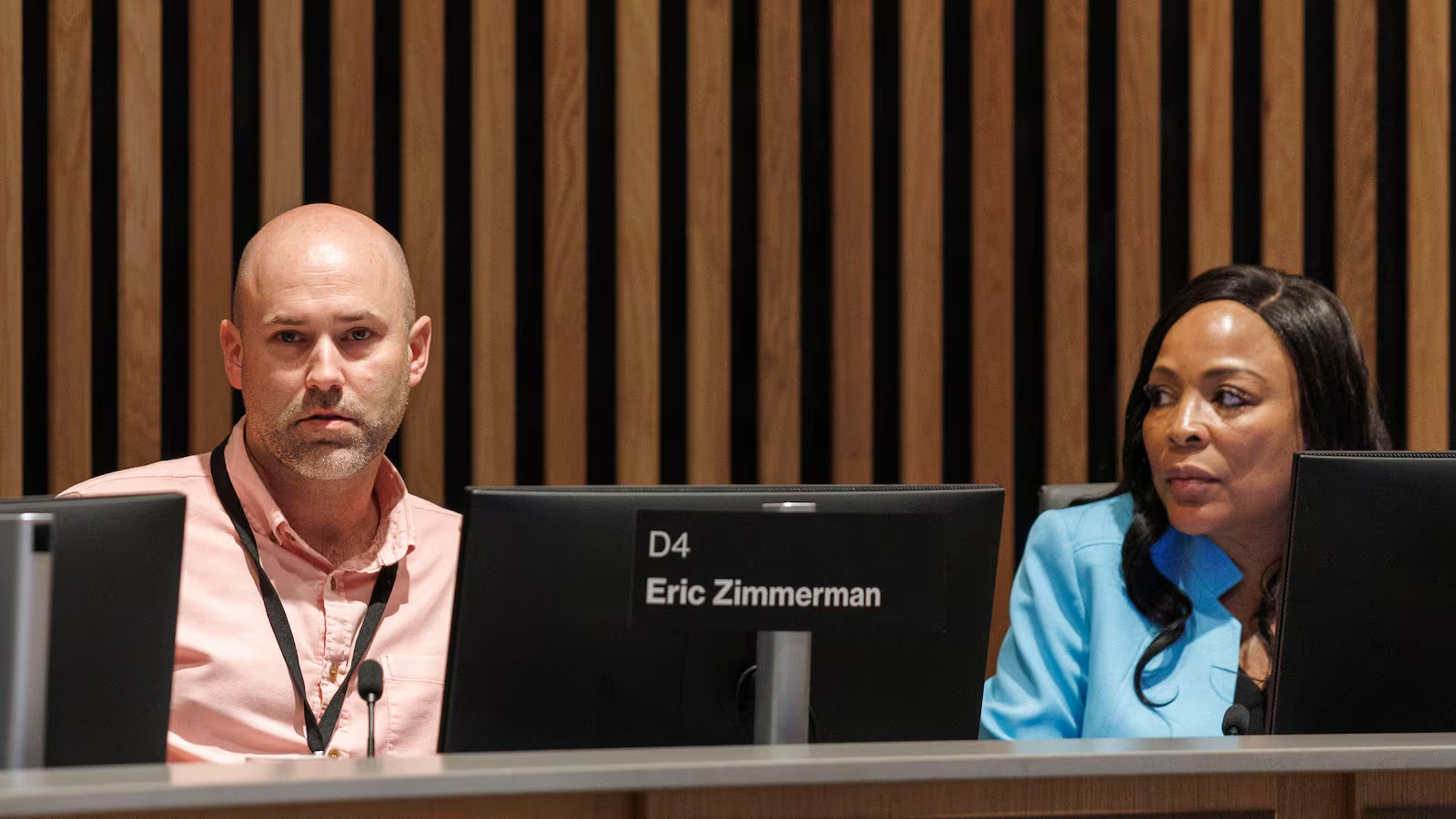PORTLAND, Ore. — Portland’s City Council is considering rolling back Mayor Keith Wilson’s recent extension of paid parking hours, calling the move an example of administrative overreach and reigniting debates over the balance of power in the city’s new government structure.
Unilateral Extension Sparks Pushback
Earlier this summer, Wilson extended on-street paid parking hours in parts of the city from 7 p.m. to 10 p.m. The change first went into effect in the Central Eastside on Aug. 1, followed by Old Town, downtown, and Northwest Portland in early September.
Wilson justified the policy as a way to generate new revenue for the Portland Bureau of Transportation (PBOT), which has faced consecutive years of budget shortfalls due to declining gas tax collections and parking fee revenues. His administration also cited PBOT data showing rising demand for parking near businesses, restaurants, and entertainment venues as the city rebounds from the pandemic.
Also Read
“Extending on-street pay-to-park hours will provide more turnover and better options for people parking for local businesses,” the city said in a statement when the change was announced.
Council Pushes Back on Process
But many councilors said they were never consulted on the extension and questioned Wilson’s authority to make the decision on his own.
“We could revert back to the paid parking hours as they were on the last fiscal year if we want to get serious, and take back our control as the legislative body at this city,” said Councilor Eric Zimmerman, who led Thursday’s discussion.
Councilors delayed a vote on a boilerplate parking ordinance introduced by Wilson, signaling their intent to revisit the issue during their Sept. 24 meeting. Zimmerman suggested the council could amend Wilson’s ordinance to restore the 7 p.m. cutoff.
The debate reflects a deeper struggle between the city’s legislative and administrative branches under Portland’s restructured form of government, where the division of powers remains murky.
Discomfort Across the Aisle
Councilors from both the progressive Peacock caucus and non-Peacock members expressed discomfort with Wilson’s unilateral action, even when they agreed with the substance of the policy.
“I think you’re raising a really important point about the legislative authority that we have to codify law,” said Councilor Mitch Green, a Peacock member. “It’s uncomfortable for me to be in a position where I’m told I cannot direct the administration to do things by resolution, I can only do it by code, but when I try to do it by code, I’m told that’s also interfering. It’s not clear to me how we have any legislative ability beyond rubber-stamping things.”
Zimmerman argued that council now has a “moment… when the legislative body can undo an administrative stretch.”
Who Has Final Authority?
The question of authority remains unsettled. When asked by Council President Elana Pirtle-Guiney whether the mayor or council had the final say on parking matters, City Administrator Mike Jordan admitted: “I’m afraid I do not.”
But by Friday, clarity appeared to emerge. City spokesman Cody Bowman said ultimate authority rests with the council.
“If it desires to do so, Council could amend the City Code to limit parking enforcement hours to 7:00 PM,” Bowman said.
What’s Next
With the issue set to resurface on Sept. 24, councilors could move to reverse Wilson’s extension and reassert legislative control over city parking policy.
For now, Portlanders continue paying for on-street parking until 10 p.m. in several districts — a change that has frustrated many residents and raised new questions about the balance of power in City Hall.












